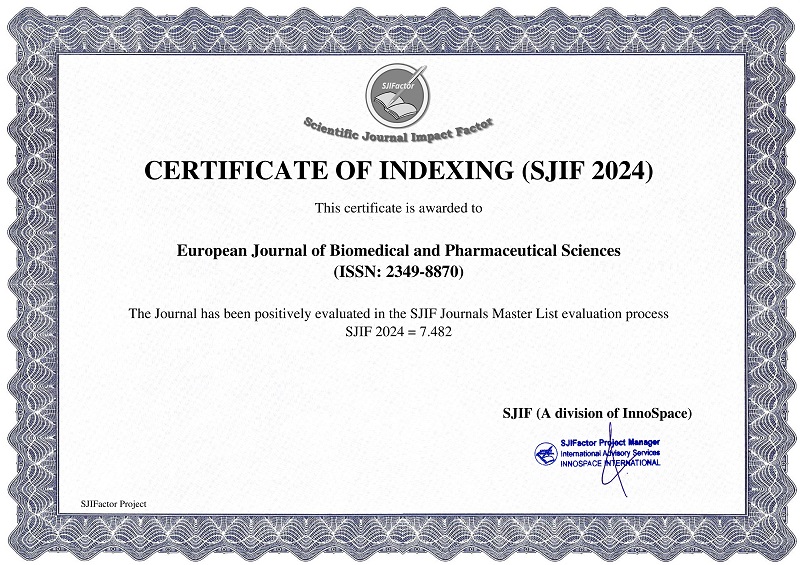PREVALECE OF DEPRESSION IN THE ELDERLY
Amela Salihovi?*, Jasmina Mahmutovi?, Suada Brankovi?, Ema Pindžo, Elmedina Mrkuli?
ABSTRACT
Depression is an emotional state characterized by feelings of sadness, low mood, grief and sadness. Depression is often undiagnosed and untreated in the elderly, which is due to the myth that it is common for them as a natural reaction to the changes that old age brings. According to the World Health Organization (WHO), depression ranks fourth among diseases that cause physical, emotional, social and economic problems. Depression is a potential public health problem of the elderly population, associated with significant mortality and morbidity. Prolonged and untreated minor depression in the elderly can lead to serious neuropsychiatric disorders that will impair their quality of life. Geriatric depression is a multifactorial disorder, because it is caused by a combination of factors (genetic, biological, psychosocial) that contribute to the occurrence of the disorder to varying degrees. The high prevalence of depression in the elderly is recorded by the results of a study conducted in Slovenia 60.7%, a study conducted in Greece 84.3%, and a study conducted in Nepal 57.8 %. Depression is a serious public health problem. The results of the research show that significant predictors for the development of depression are: gender, age, marital status, level of education, financial dependence, place of residence, comorbidity and socio-economic status.
Keywords: mental health, depression, geriatric depression, prevalence of depression.
[Full Text Article]
[Download Certificate]


 Impact Factor : 8.181
Impact Factor : 8.181 






